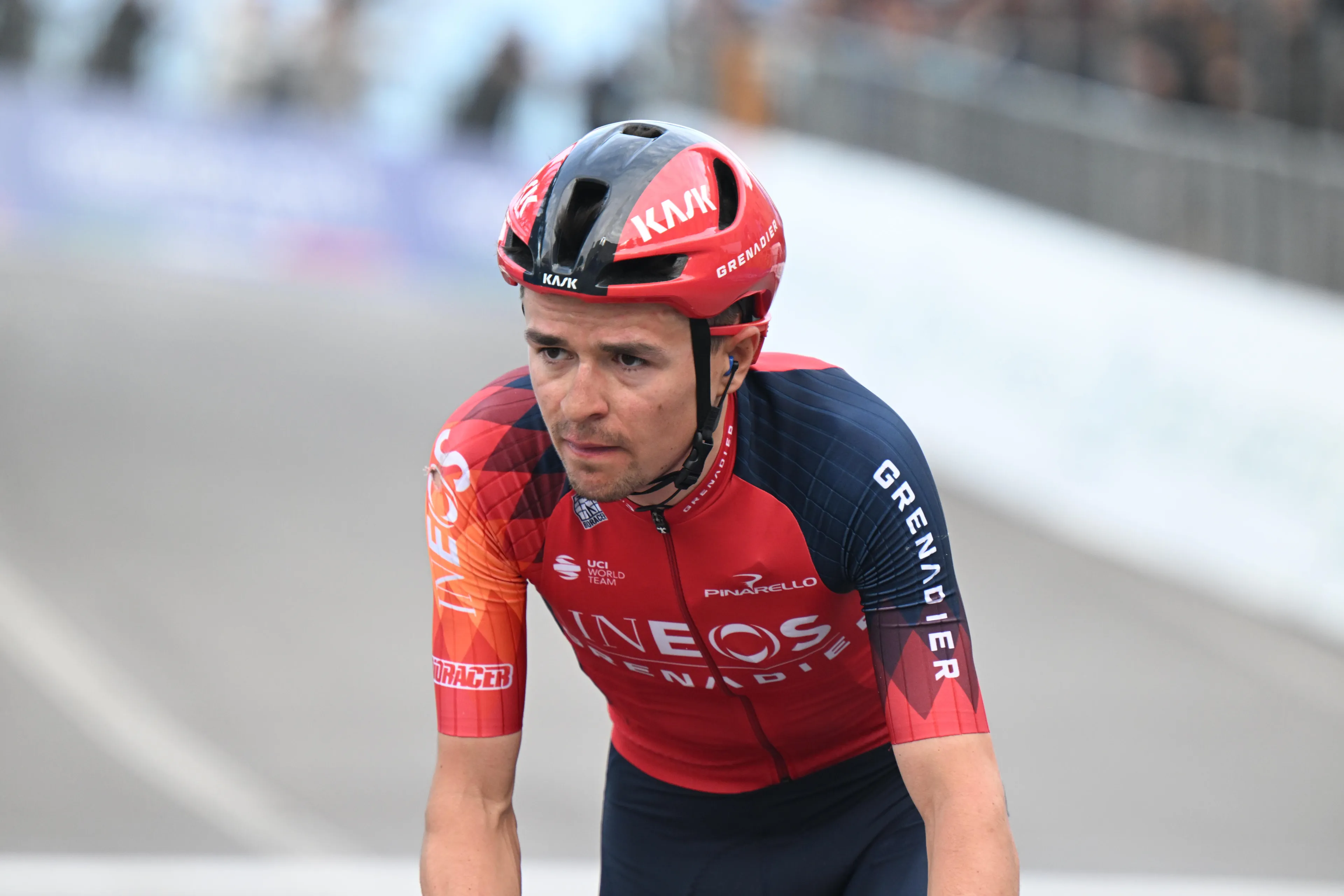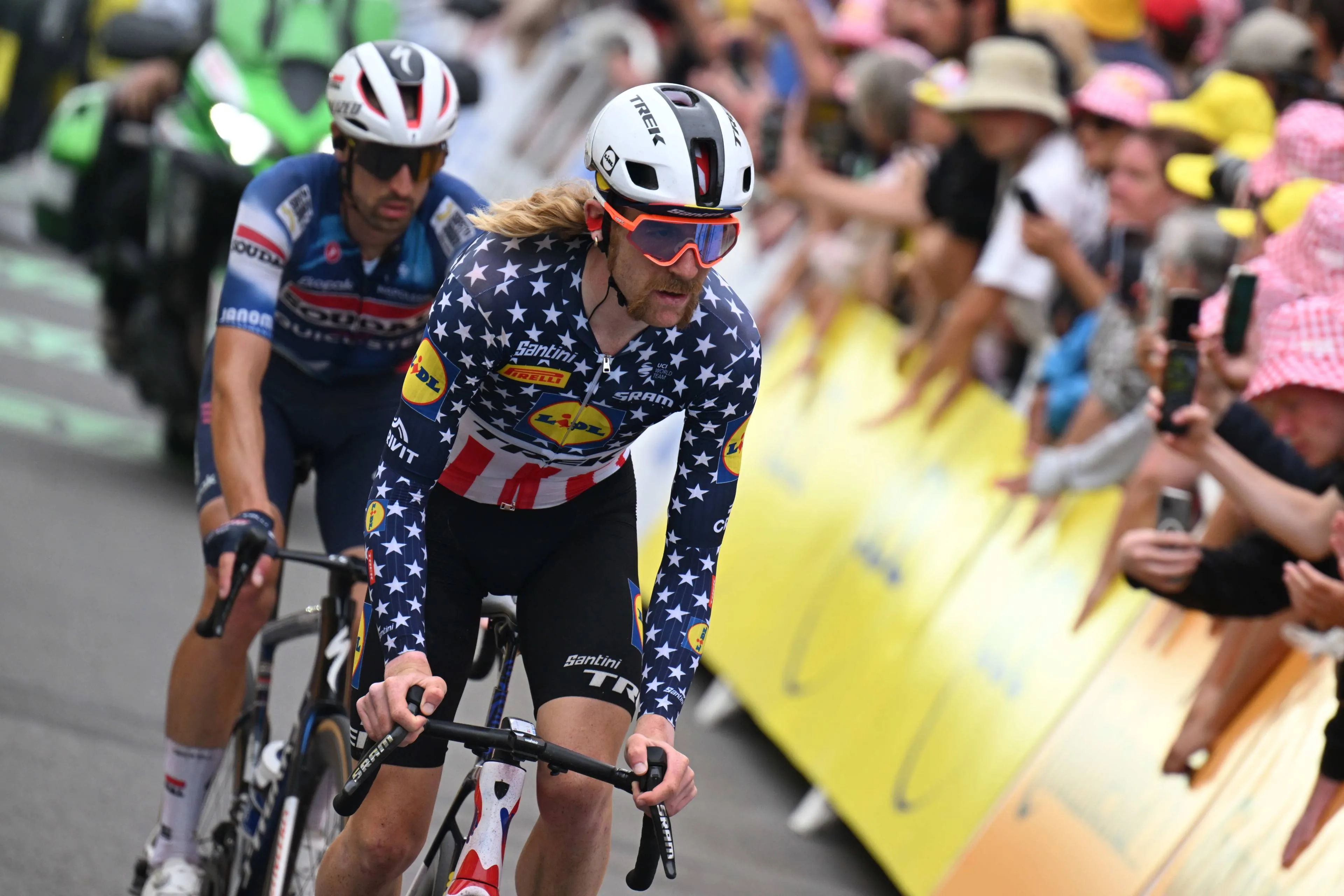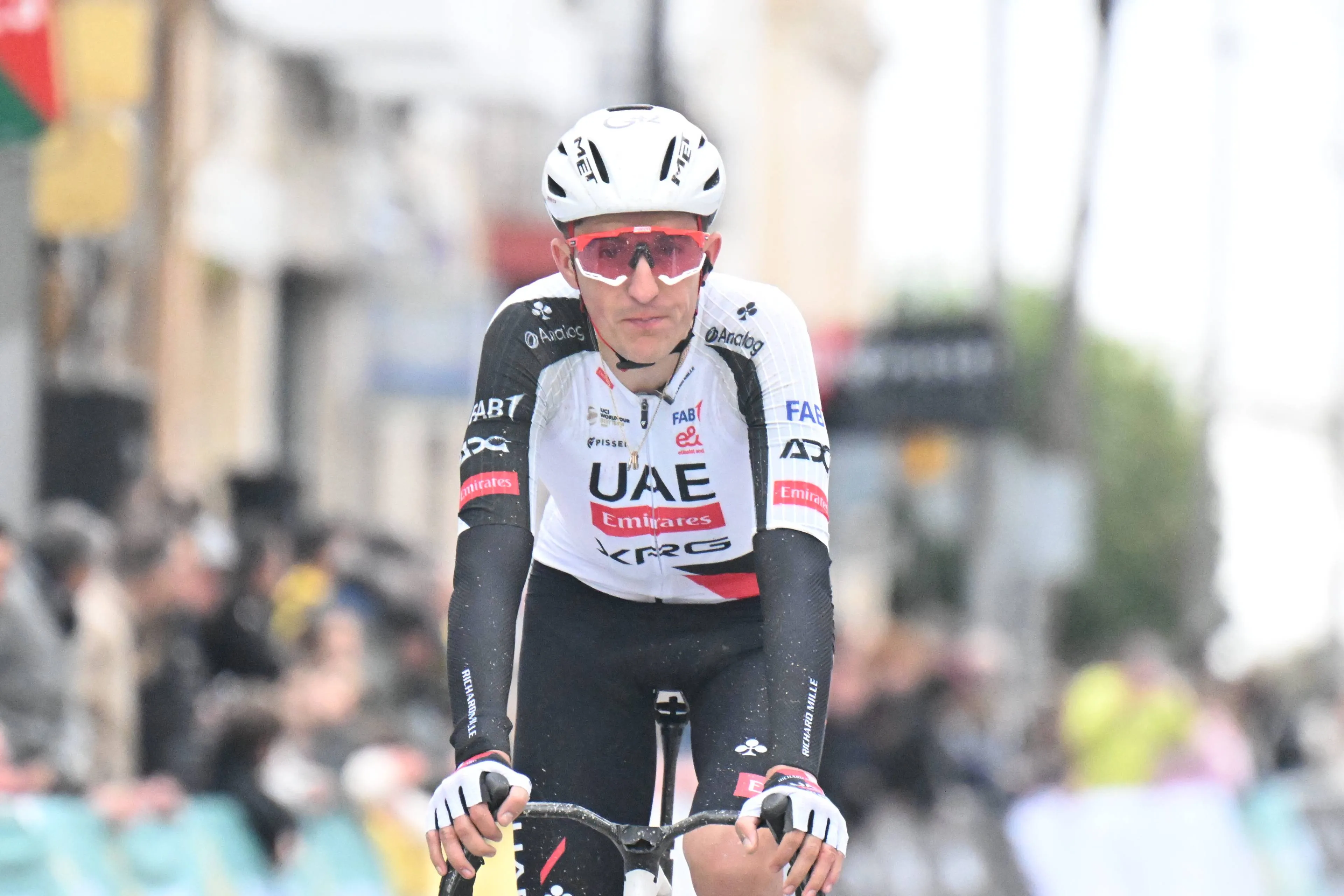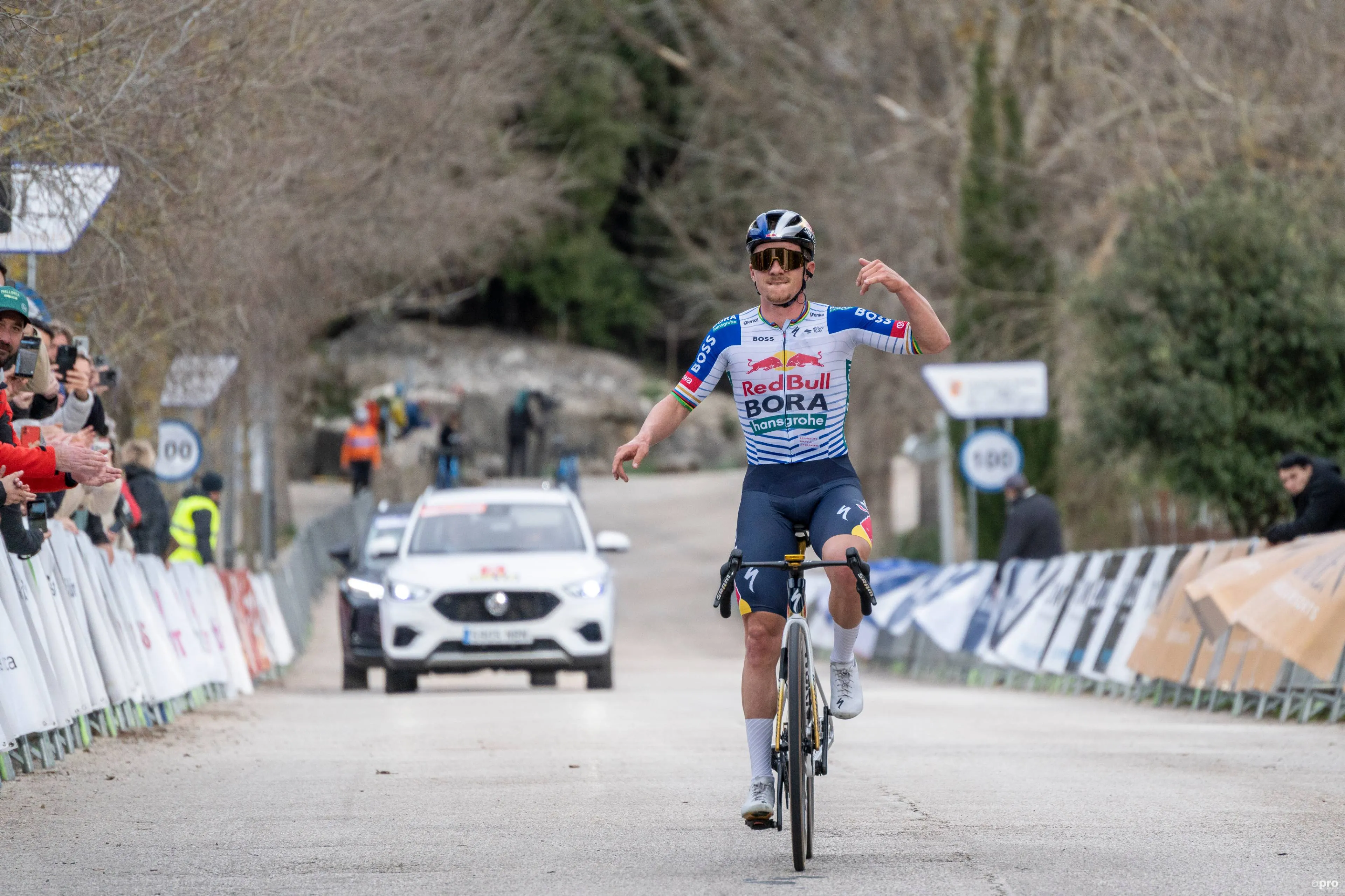Joe Laverick: "You need some sort of disordered eating to be successful in this game"
CyclingSunday, 19 March 2023 at 12:17
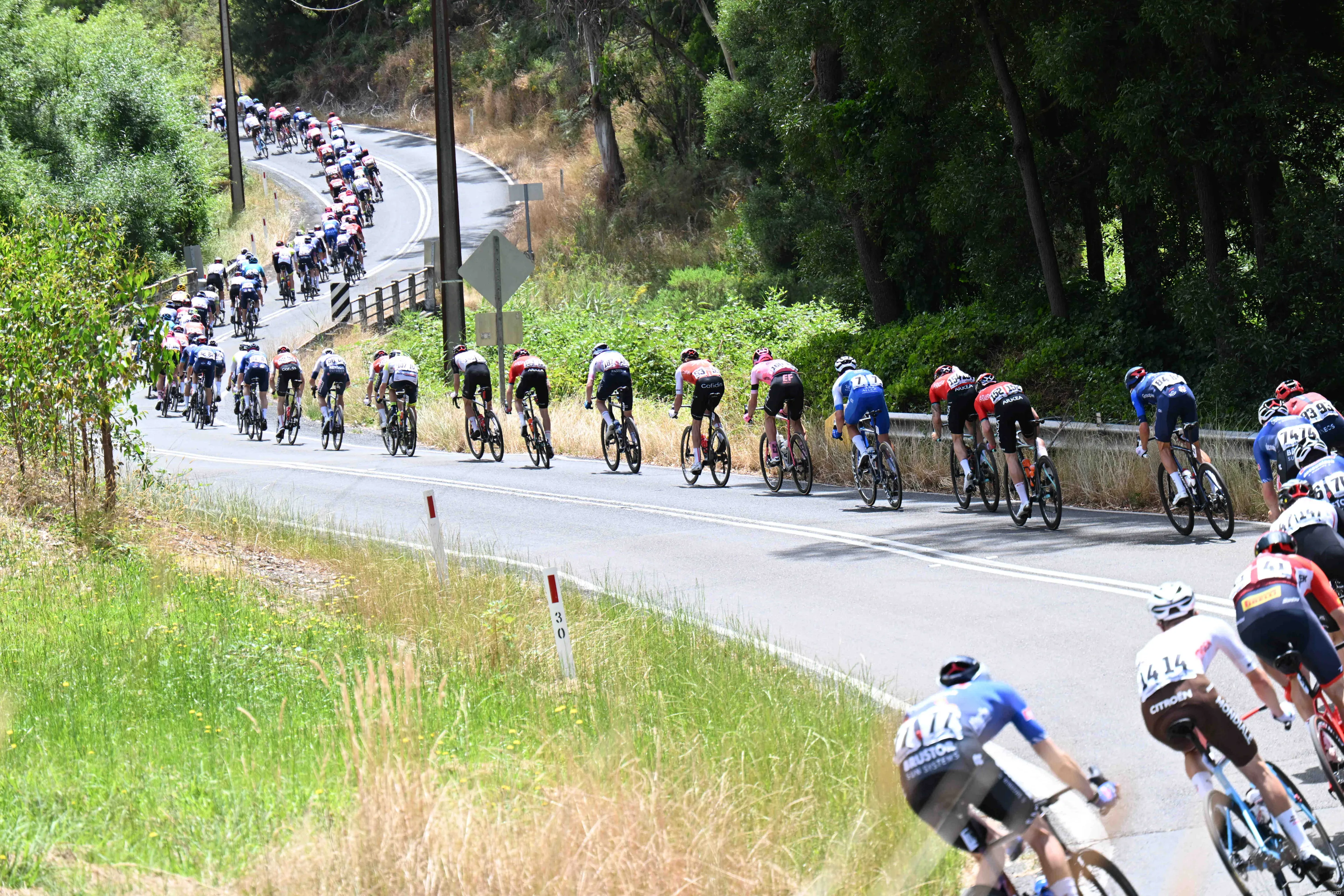
Within the pro peloton, it is very well known that both on men's and women's cycling weight has always been a cause for concern. 22-year old Joe Laverick writes that "you need some sort of disordered eating to be successful in this game."
In a personal column, Laverick, a British rider who has raced for the past two seasons with Axeon Hagens Berman, has shared that "no, it’s not ideal, and no it’s not good for youngsters to hear. But, it is the harsh truth." In a sport where the slightest weight or aerodynamic improvement may be the difference between winning or losing, often times riders get carried away - or are pressured - into making changes and lifestyle options that become unhealthy.
Read also
Laverick tells the story of how in one of his under-23 years he was pressured into losing weight and came down from 66kg to 63kg which saw him climbing better in training. However, "I wasn’t able to replicate it on race day and very quickly became sick. It was probably the unhappiest I’ve ever been too," he adds. When it came to results he could not improve on his level, and instead found less consistency.
"At the top of the sport, there are hundreds of thousands of euros pumped into research that aids the top riders," he continues. "I heard that the Jumbo-Visma staff analyse their rider’s files from training and racing before portioning exactly how much food they can have. While I cannot confirm that story, it would not surprise me."
Read also
As the sport and it's technological features continue to evolve year after year, the most minute differences continue to make the difference. Cycling is unlikely to get rid of it's baggage soon when it comes to it's athletes weight obsessions, and the improved climbing performances over the past few years are likely connected to the evolution in the balance found between power and weight.
Read also
claps 0visitors 0
Just in
Popular news
Latest comments
- I’m afraid Almeida’s time has come, and gone. He’s had chances to win more but with the strength of the new crop of youngsters, there’ll be little left for him to pick up. He’s just a slightly more aggressive Sepp Kuss, born to assist.Mistermaumau20-02-2026
- Just as circumstantial as market manipulation by the too big to shut ups these days. There’s are only very limited resources to follow up everything and so more and more people realise the risk isn’t that highMistermaumau20-02-2026
- Mediocre TT for Almeida relative to his usual. Seixas definitely proving he is the real deal here.mobk20-02-2026
- It does not take a genius to know that the intended recipient is Soler but again evidence is circumstantialabstractengineer20-02-2026
- The aircon in his room was not working but it was working in the other teammates rooms right. The team would give the lesser rider that room while Remco their leader, their savior slept peacefully in the arms of the aircon. Sometimes the excuses beggar beliefabstractengineer20-02-2026
- Top 6-10 for him is more realistic than podium but well see if he can stay on the favourites atop double Alpe d'Huez ascent.
 James2631820-02-2026
James2631820-02-2026 - I was going to post the same comment. He just can’t catch a break.Pedalmasher20-02-2026
- Totally agree. This kid has a bright future.Pedalmasher20-02-2026
- The thing is, he never has to worry about his career because he can spend the rest of his life living rent-free in your head.antipodeanpedalfan20-02-2026
- That's true, but you can't count out a resurgence from him later like Vingegaard did in 2025 (although he was 10 seconds behind, not 30)
 Rafionain-Glas19-02-2026
Rafionain-Glas19-02-2026
Loading
Write a comment


